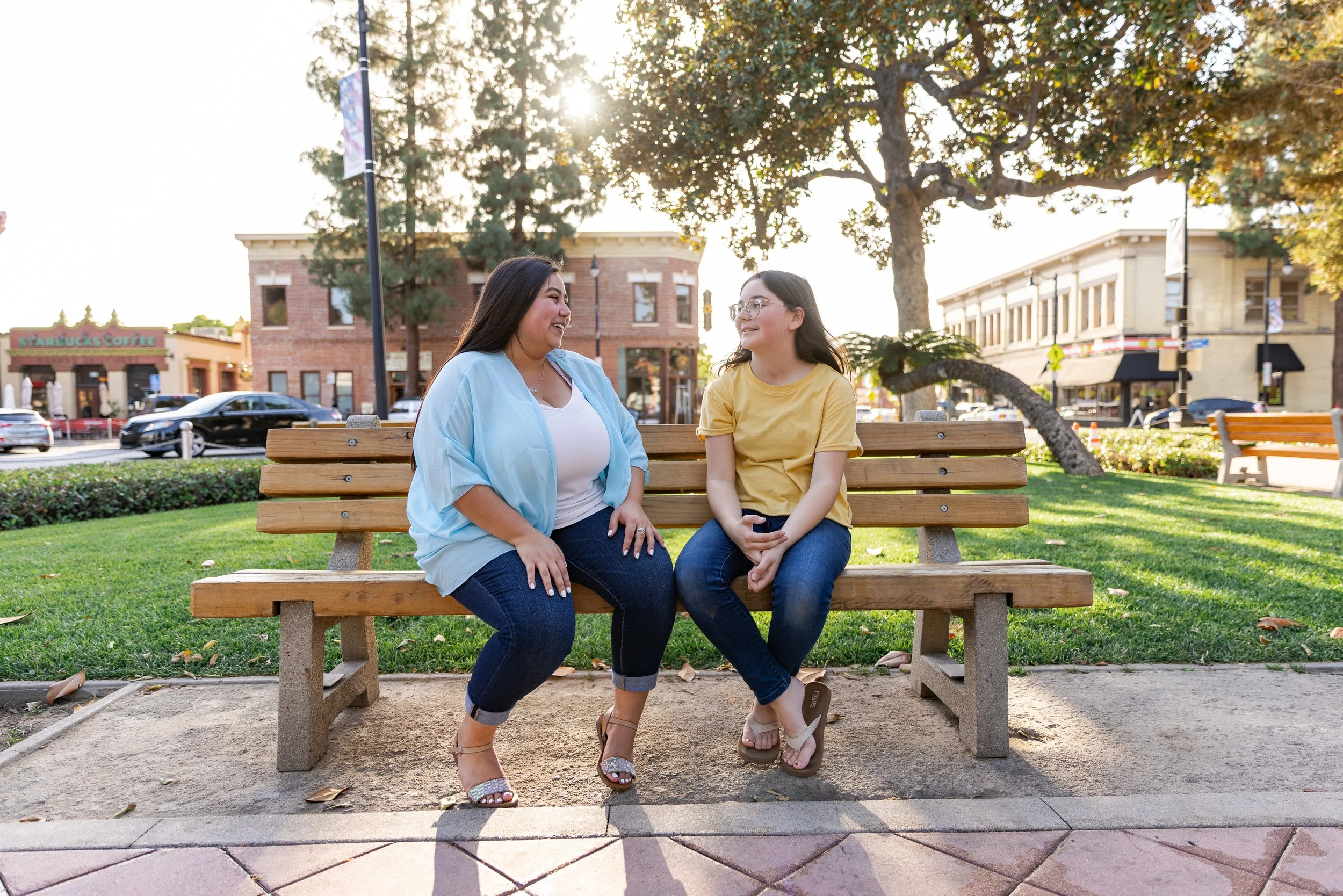Diversity
Committee
“CASA OC’s Diversity Committee, composed of staff, volunteers, board members, and community supporters, focuses on recruiting volunteers who reflect the demographics of the youth we serve. Additionally, the committee works to ensure culturally relevant programming that reflects the backgrounds of the youth.”
WHY?
To learn more about the Diversity Committee and how you can become involved, please contact Norma Mendoza at diversity@casaoc.org
According to the Los Angeles LGBT Center
40% of young people experiencing homelessness identify as LGBTQ+ (AT LEAST - because self-identification is not always known)
At least 20% of young people who are part of the Juvenile Justice system identify as LGBTQ+
30% of youth in child welfare system identify as LGBTQ+
85% of Sexual Orientation and Gender Identity (SOGIE) - based bullying or harassment happens to young people who identify as LGBTQ+
“Language barriers can present significant challenges for Latino families involved with the child welfare system because they contribute to a family’s lack of understanding of this institution and lead to delays in service provisions… [and] may compromise permanency goals and timelines*” -source
45% of the youth CASA OC serves are male compared to 15% of CASA OC volunteers who are male
Although all of our volunteers are trained and ready to advocate for any child, children with a consistent, positive male influence in their life:
Have a better physical well-being
Possess higher competency for relating with others
Demonstrate greater ability to take initiative
Better evidence of self-control
Achieve more academically
Are more likely to abstain from using drugs
According to research by Kyle Pruett, M.D. and Warren Farrell, Ph.D.
Affinity Groups
CASA OC's diversity-driven affinity groups provide a space for volunteers to come together, connect, and share their unique experiences as advocates, and the layered challenges the youth they serve are facing. In addition to the opportunity to connect, the groups aim to diversify our volunteer pool by focusing on recruiting volunteers that mirror the demographics of the youth that we serve.
Comunidad CASA
Comunidad CASA is a group that provides Latinx volunteers, volunteers that advocate for Latinx youth, and their supporters, an opportunity to meet, connect and share their experiences as a CASA.
Men of CASA
Men of CASA is a group composed of current advocates, staff, board, and community members with the interest of creating a community to rely on within CASA as well as recruiting more male advocates.
Non-Discrimination Statement
CASA OC is committed to providing a work and volunteering environment that is free of unlawful discrimination and harassment and requires all board members, employees, and volunteers to treat each other with dignity and respect. In keeping with this commitment, CASA OC maintains a strict policy prohibiting unlawful harassment and discrimination in the workplace and volunteer screening, onboarding, and training processes, including sexual harassment, by any employee or supervisor, board member, or volunteer, and by any third parties such as contractors, guests, or vendors. In addition, any discrimination or harassment on the basis of race (including traits historically associated with race, such as hair texture and protective hairstyles), religion and religious creed, color, national origin, ancestry, physical disability, mental disability, medical condition, genetic information, marital status, sex, gender, gender identity, gender expression, age, military status, veteran status, uniformed service member status, sexual orientation, transgender identity, citizenship status, pregnancy, or any other consideration made unlawful by federal, state, or local laws is also strictly prohibited. Harassment can come in many forms, including verbal harassment (e.g., epithets, derogatory comments, or slurs), physical harassment (e.g., assault, touching, impeding, or blocking movement, or any physical interference with normal work or movement), or visual harassment (e.g., images or gestures) directed towards an individual on the basis of a protected characteristic.



